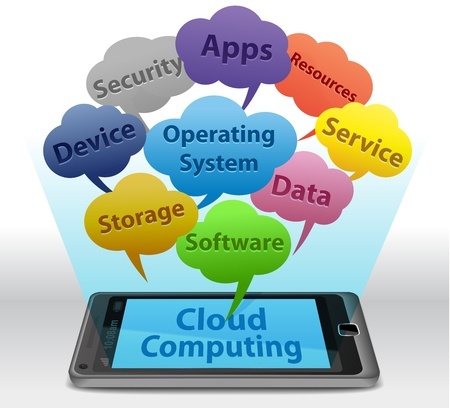
By André Bretas, Director of Small Business at Totvs
Efficient management is essential for all companies that aspire to success. Sustainability and business growth depend on it. Controlling information from all areas and keeping it updated and integrated is essential for good management. In addition, the centralization of data allows for a more accurate planning based on the sales history and the volume of production and inventory. This more refined information improves decision making. Technology simplifies this process and becomes fundamental within this concept. But in spite of being used in practically all large companies, information technology still faces a little resistance from microentrepreneurs.
The new government requirements, such as the Electronic Invoice, Sped Fiscal and eSocial, increased the state's control over organizations and the concern of businesspeople regarding data compliance. Small companies saw technology as an option capable of providing security for their relationship with government agencies, due to the standardized guidance and processes of the tools.
However, the main driver of IT adoption by microenterprises is cloud computing. Until recently, the computerization process was similar in all organizations, regardless of size. A single system served all of them. However, the amount available for investment in automation was very different, causing micro and small companies to give up on implementation. Hosting programs in the cloud made it possible to share infrastructure, reduced the cost of the operation and, consequently, of the solution. ERP, CRM and BI started to receive the attention of microentrepreneurs.
The minimum requirements for adopting and using an information system have also been simplified. In the past, companies had to hire a license to use and pay the monthly maintenance fee. The cloud allows the commercialization of these tools through rent, making the technology even cheaper for the entrepreneur, who pays monthly for the use, but does not have to worry about investing in infrastructure. To rent a system, you only need a computer and internet access.
However, at the same time that the level of demand for infrastructure decreases with the rental model, an internet dependency is created. In large centers in Brazil, the network is increasingly faster and more accessible, however, in the most distant regions of the country, the connection and speed make the use of systems in the cloud difficult. Factor that should be resolved soon, as access to the network is becoming as common as electricity.
Currently, 26% of Brazilian companies use solutions in the cloud. Percentage that is expected to grow above 67% in the next five years in Brazil, according to the market research institute IDC. The management system (ERP) will be one of the main tools to migrate to the cloud in the coming years.
In addition to reducing the investment required, the tools hosted in the cloud enable the entrepreneur to follow the day-to-day business of any place and at any time through mobile devices. In the health segment, for example, applications allow the doctor to consult his / her agenda and the electronic medical record of patients, either through the web or through touch devices. In retail, it is possible to issue the tax coupon locally, respecting the legislation and maintaining business management information in the cloud.
The ease of access to the system combined with the security of storing and controlling all company information in a single system contributes to the confidence of the entrepreneur, who now has a different view on technology and its benefits for his business. The new generation of entrepreneurs is accustomed to the ease of connectivity, which should further accelerate the adoption of technologies in the cloud by micro-companies.












